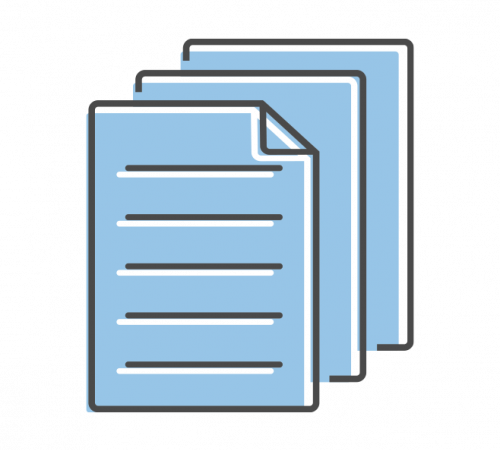Planning
Planning is a division of the Planning and Community Development Department (PCD). Planners are responsible for both long-range and current planning projects.
Long Range Planning
Long-range planning activities include implementation of the State's Growth Management Act and preparing and updating the Comprehensive Plan, as well as preparing or coordinating sub area and functional plans and sustainability initiatives. Long-range projects are often initiated by the City Council or mandated by the State. The process includes public notice, optional workshops and mandatory hearings with both the Planning Commission and City Council. Larger projects may require enhanced outreach (e.g. public open houses, surveys, ad-hoc committees, etc.).
Long-range planning coordinates regulatory responsibility with other departments, State and Federal agencies (e.g., State Department of Ecology and Federal Emergency Management Agency).
Long-Range Planning involves setting goals and policy to achieve the community's desired balance of growth, environmental protection, and quality of life. Long-range projects, plans, and updates may take a year or more to process. Once adopted, the implementation may be over a long period of time, sometimes 20 or 25 years.
Active Long Range Projects:
Current Planning Projects
PCD Accepts Planning Applications 24/7, through the permit portal. Walk-in hours are Monday - Thursday 9:00 a.m. - 1:00 p.m., but appointments are strongly encouraged.
Please checkout our How-to Videos for permitting and property research questions.
Current planning involves the review of permits to ensure consistency with adopted plans and development standards. All permits, including applications for allowed uses such as residential building permits, are subject to a planner-conducted land use analysis. Planners check for compliance with numerous development standards including:
- Zoning (PTMC Title 17) - Allowed, conditional and prohibited uses; size, setbacks, and density
- Environmental protection (PTMC 19.04)
- Critical areas (PTMC 19.05)
- Historic preservation (PTMC 17.30)
- Tree preservation (PTMC 19.06)
- Commercial/multi-family design standards (PTMC 17.44 and 17.46)
- Sign Code (PTMC 17.76)
Land Use Permits
To help our customers with the permitting process, we have checklists, forms, and handouts available that provide information on application submittal items and code requirements.
Land Use Review Types
There are four types of decision-making procedures for development applications. The step-by-step processing requirements are found in the Port Townsend Municipal Code (PTMC) Chapter 20.01. The following is a brief summary:
- Type I – Administrative without notice; no administrative appeal.
- Type I-A – Administrative without notice; administrative appeal by the applicant only (unless the development code provides for an appeal); appealable to the hearing examiner.
- Type II – Administrative with notice, administrative appeal by any aggrieved party to the hearing examiner.
- Type III – Hearing examiner review. Notice and open record public hearing before the hearing examiner. The hearing examiner makes the final decision; appeal to superior court.
For projects triggering review under the State Environmental Policy Act (SEPA), SEPA Review is conducted concurrently with project review. SEPA is intended to provide information to agencies, applicants, and the public to encourage environmentally sound development proposals. The SEPA thresholds and review process, including all public comment procedures, are set forth in Chapter 19.04 PTMC.
Shoreline Master Program (SMP) Periodic Review
The City's SMP policies and development regulations are under review. For more information, see our Shoreline Master Program Periodic Review page.

